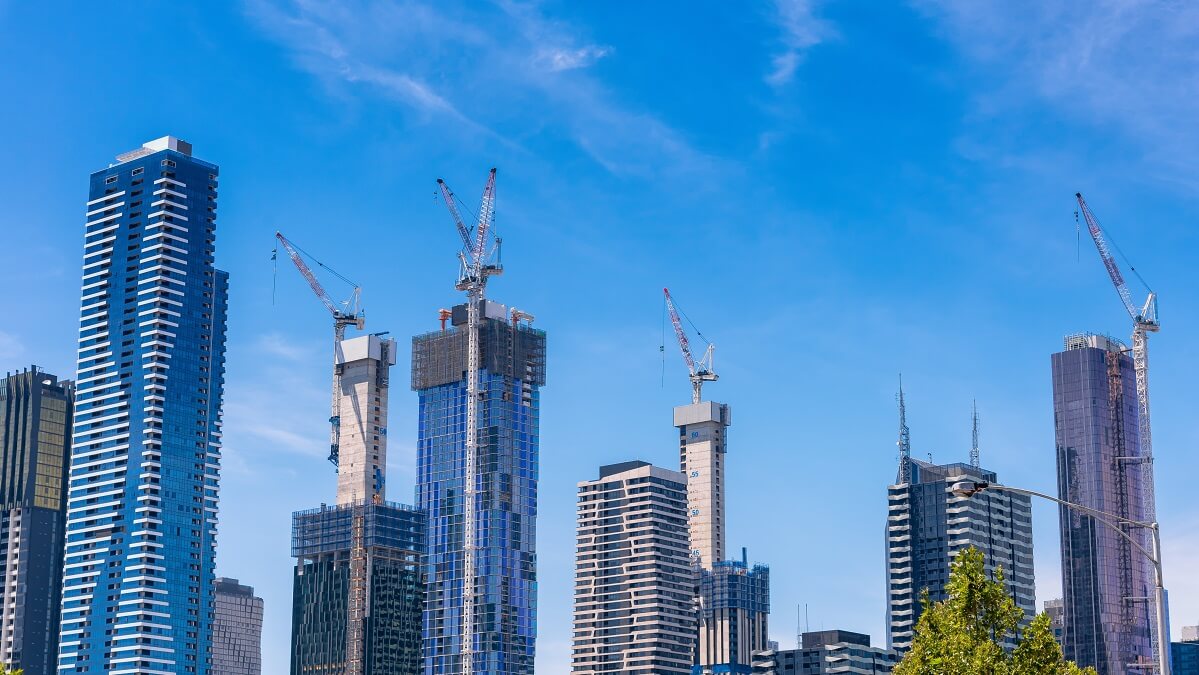Tax concessions for property investors have grown from $1.5 billion in 2000 to $18 billion now, a public policy think tank reveals.
And as Australia faces a housing crisis like never before, new analysis shows government spending on housing may have much to do with the situation.
Depending on who you ask, Australia is in the grip of its worst ever housing crisis. For 30 years now, house prices have risen at a much faster rate than wages and supply has greatly outstripped demand.
The result is that buying a house is unaffordable for many. That’s leading to flight from the cities and affordability and availability problems in regional areas.
How did we get here?
While it’s true real estate prices have skyrocketed across all developed countries in the past few decades, it’s also true that how governments choose to spend money (and who they spend it on) has played a role.
Throughout the first half of last century, Australia built plentiful low-cost public housing. That policy was aimed at getting as many people into their own homes as possible and a large portion of government spending went towards public housing maintenance.
The use of public funds as tax incentives to help property investors was practically unheard of. But times have changed.
Tax concessions for property investors were introduced, as well as tax arrangements such as negative gearing that provided people with an incentive to look at real estate as an investment.
Public policy think tank Per Capita has analysed government spending on housing over the past three decades and found the share of funds funnelled to investors outstrips the money spent on public housing, grossly distorting the market.
Government spending on housing
Per Capita says that overall, most government spending goes to the highest earners. It found the share of federal housing spending going to the lowest 20 per cent of income earners declined from 44 per cent in 1993 to 23 per cent in 2023, while the share going to the top 20 per cent increased from 9 per cent to 43 per cent.
The share of total federal housing expenditure going to property investors rose from 16.5 per cent in 1993-94 to a whopping 61.4 per cent in 2021-22.
Tax concessions for property investors have grown astronomically from $1.5 billion in 2000 to an estimated $18 billion in 2024, which Per Capita says has a significant impact on the market.
In fact, in 2023-2024, federal investor tax breaks will be worth more than 10 times the amount spent by the federal government on social housing and homelessness services through the National Housing and Homelessness Agreement.
Can anything be done? Do we want anything done?
The reality is that if the voting public was unhappy, the government would feel the heat. It seems the majority, at least for now, remain happy with the status quo.
So happy, that a proposal put forward by then Labor leader Bill Shorten at the 2019 election to reduce negative gearing concessions was blamed for Scott Morrison’s historic victory.
Research from the Australian Institute of Health and Welfare (AIHW) shows the rate of home ownership sits at 67 per cent, meaning two-thirds of the voting block own property, while one-third rent.
It’s not hard to see then why previous attempts to curb some of the excesses of housing policy have been non-starters with most of the electorate.
Perhaps not until renters make up more than 50 per cent of the voting public will we see any significant change in where government housing money goes.
Is the current housing policy setting right for the future? Let us know in the comments section below.
Also read: Where is Australia’s housing market heading in 2024?


Workers get shafted and the wealthy investor class get benefits has been the way of taxation in Australia for decades and it’s getting worse. And when some reforms are proposed by one side of politics the other side runs a scare campaign which gets the proposals defeated.
Because of this the minor parties and some Independents are the only ones who seem prepared to make the changes needed to get some fairness back into the system. Young people are flocking to the Greens in droves because of both their environmental and economic policies that look after the bulk of the population and which aim to get the wealthy paying their fair share.
Who do you classify as wealthy.
I think all political parties should prevent mc-mansions being constructed whilst there is a housing crisis and shortage of building materials. If you have the average of 2 children per houldhold you only need 3 bedrooms. The number of bedrooms per houldhold should then dictate that you require the equivalent of off street parking spaces ie 3 bedroom – 3 parking spaces, 4 bedroom – 4 parking spaces etc. If you cannot provide the appropriate parking spaces NO DA to be approved.